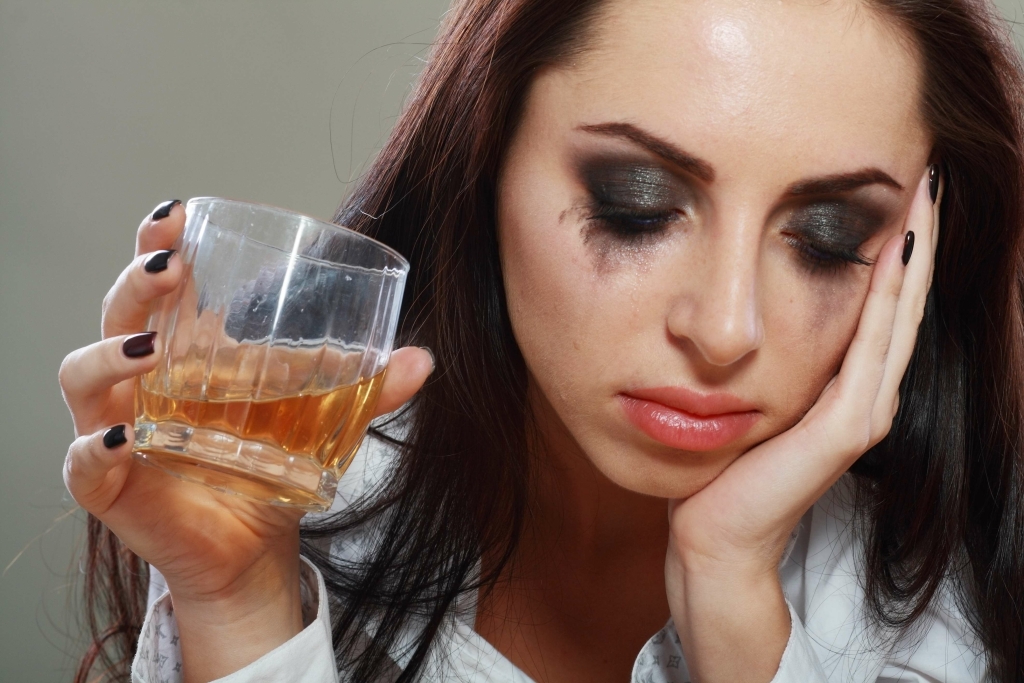Having a structured routine, (i.e. getting enough sleep, which is ideally, 7 or more hours) and eating three balanced meals a day, can also help combat cravings, says Dr. Weiss. Fueling up with balanced meals that include complex carbohydrates, protein and fat, can help regulate your blood sugar so you don’t experience as many spikes and dips—which can lead to sugar cravings, she adds. If you experience withdrawal symptoms, like anxiety, agitation, sweating, or hallucinations, it’s best to talk to a healthcare provider, according to the American Addiction Centers. Any information published on this website or by this brand is not intended as a substitute for medical advice, and you should not take any action before consulting with a healthcare professional.
- These findings may help explain the antagonists’ ability to reduce drinking behavior.
- Anna Lembke, MD, professor and medical director of addiction medicine at the Stanford University School of Medicine and the author of Dopamine Nation, previously told SELF that you can zero in on mental health professionals with experience in treating addiction, if that feels right for you.
- Dopamine uptake was also enhanced in females, but not males (regardless of abstinence state).
- Dopamine levels fall, and the euphoric buzz goes with it, but your brain is looking to regain the feeling caused by the increased level of dopamine.
Alcoholics and experimental animals that consume large quantities of alcohol show evidence of differences in brain serotonin levels compared with nonalcoholics. Both short- and long-term alcohol exposure also affect the serotonin receptors that convert the chemical signal produced by serotonin into functional changes in the signal-receiving cell. Drugs that act on these receptors alter alcohol consumption in both humans and animals. Serotonin, along with other neurotransmitters, also may contribute to alcohol’s intoxicating and rewarding effects, and abnormalities in the brain’s serotonin system appear to play an important role in the brain processes underlying alcohol abuse. The dopaminergic neurons in the VTA are connected to the brain areas thought to mediate rewarding effects.
Influence of alcohol consumption on the dopaminergic system
Thus, the serotonin-dependent activation of these neurons could reinforce alcohol-drinking behavior. This scenario suggests that serotonin, through its interaction with the dopaminergic system, may play a pivotal role in producing alcohol’s rewarding effects. As a result of BBB dysfunction, abnormal expression of water channel aquaporin (AQP) occurs which in turn causes cerebral edema by extravasating the water inside the brain tissue. The swelling of the brain plays a critical role in the pathogenesis of an extensive variety of CNS disorders including stroke, infection, and demyelination. Rodent brain studies provide evidence of the association of abnormal expression of water channel AQP4 in ROS-induced BBB dysfunction [50],[51]. The distribution and expression of AQP4 are important to maintaining CNS homeostasis.

A block containing the caudate and putamen was microdissected from the left hemisphere and sectioned with a VT1200S (Leica, Buffalo Grove, IL) in a sucrose cutting solution aerated with 95% O2/5% CO2 (see Supplementary Materials for composition). A ceramic blade (Camden Instruments Limited, Lafayette, IN) was used for sectioning 250 µm slices that were equilibrated at 33 °C for 1 h in equilibration ACSF before being moved to room temperature for an additional hour before beginning experiments. Blackouts are gaps in a person’s memory of events that occurred while they were intoxicated.
Gene variants related to DA systems and alcohol dependence
GABA as a neurotransmitter has been long known to be affected by alcohol consumption. Recently, two sub types of the GABAA receptor have come into the spotlight for showing how does alcohol affect dopamine what can possibly be a genetic predisposition to alcohol addiction. These two subtypes are namely GABA A receptor α1 (GABRA1) and GABA A receptor α6 (GABRA6).
